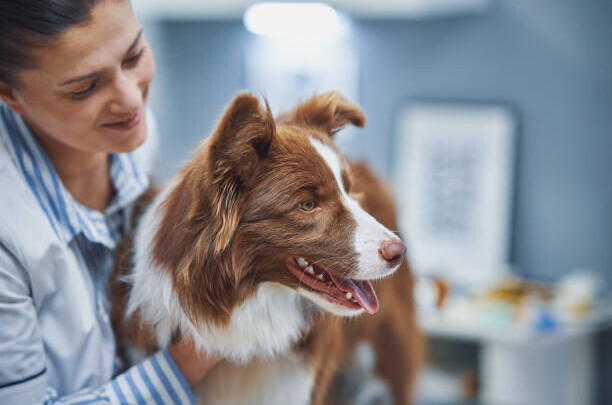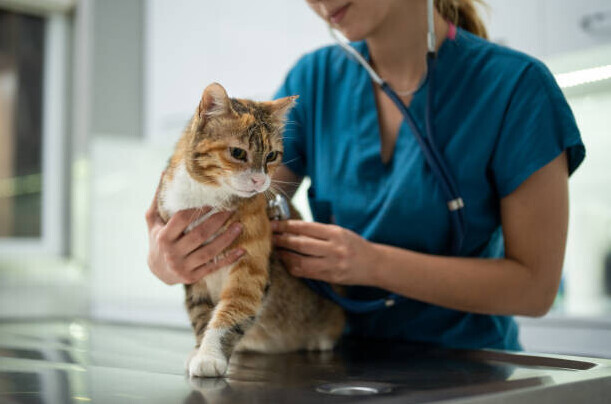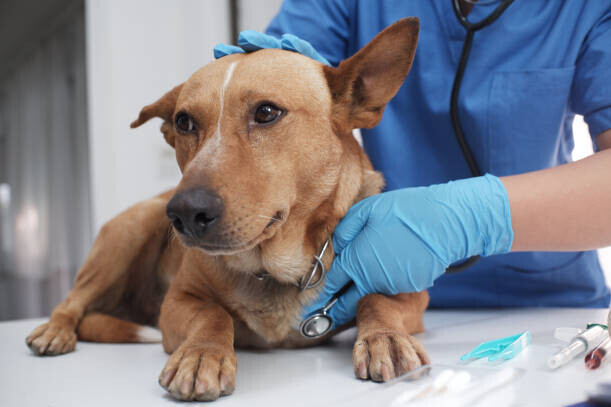Vaccinations are the cornerstone of a healthy life for our furry friends. Keeping on top of your pet’s vaccinations not only protects them from nasty diseases but also helps curb the spread of infections to other animals. It’s like giving your pet their very own shield of armor, but instead of iron, it’s science. Pets mingle everywhere, from dog parks to pet hotels, so vaccinating your pet reduces the risk of them picking up or spreading something contagious.
Vaccines work by training your pet’s immune system to recognize and fight off specific infections. Kind of like teaching it to respond with a swift ‘not today!’ when germs try to crash the party. Once vaccinated, if your pet comes across the real deal, their body is already geared up to tackle it, reducing the severity or even preventing the illness altogether. It’s a crucial part of health care for animals, much like annual health check-ups.
Outbreaks of diseases among pets can happen quicker than you’d imagine. Given how social pets can be, one sick pup or kitty can turn into a full-blown outbreak faster than we humans swap gossip. Vaccinations play a critical role in preventing these situations, ensuring that diseases don’t get a foothold and spread throughout pet communities like wildfire.
There’s a lot of chatter out there about vaccinations, and sometimes it’s hard to sift through what’s real and what’s fluff. Some think vaccines are only necessary when pets are little, while others worry about vaccination side effects. The truth is, vaccinations provide essential protection for pets of all ages. Side effects are generally mild, like a bit of soreness at the injection site or slight fatigue after the shot. It’s all about weighing the temporary discomfort against the lifelong protection they offer.
Recommended Vaccination Schedules for Different Pets:
When it comes to keeping your pets healthy, understanding their vaccination schedule is like giving them a roadmap to safety. Vaccines can be divided into two main categories: core and non-core. Core vaccines are must-haves for all pets, regardless of lifestyle or location. These shots protect against diseases that are prevalent and pose a significant health risk. Non-core vaccines, on the other hand, depend on your pet’s lifestyle and where you live. They can be seen as the extra layer of protection tailored specifically to your pet’s unique circumstances.
Dogs, for instance, have a standard vaccination schedule that includes core vaccinations for rabies, distemper, parvovirus, and adenovirus. When your pup is a pup, these shots start pretty early, usually around the 6 to 8-week mark, and continue at regular intervals through their first year. Cats have their own lineup, which typically includes vaccines for rabies, feline distemper, and feline calicivirus, also starting around 6 weeks of age. Don’t forget about boosters, which keep immunity strong year after year.
If you’re bringing a new puppy or kitten into your home, the first few months are critical. Vaccines during this time are like building a strong foundation for a house. Puppies and kittens are vulnerable, their immune systems still finding their feet. That’s why they need specific vaccines at staggered times, creating a full-spectrum shield against diseases.
Older pets or those with special health needs can’t be left out of the vaccination conversation. Age or health-related conditions may require tailored vaccination plans. This doesn’t mean skipping vaccines but rather adjusting the schedule to suit their unique needs. A chat with your vet will help make sense of what’s best for your aging buddy or a pet with special conditions.
Ensuring a Positive Vaccination Experience for Pets:
Heading to the vet for vaccinations doesn’t have to be a stressful event for your pet or for you. Preparation is key to ensuring your furry friend remains calm and relaxed. Start by getting them used to car rides if that’s not their cup of tea. A short drive here and there can familiarize them with the motion and reduce anxiety when the destination is the vet.
Choosing the right vet can make a world of difference. A good vet is like a trusted friend who knows your pet’s health history and is attentive to their needs. Look for recommendations from fellow pet owners or online reviews to find someone who balances professionalism with a genuine love for animals.
After the jab, most pets handle vaccinations well, but being prepared for the possibility of mild side effects can be reassuring. Tiny tiredness or a touch of soreness where the shot was given might happen, but most pets bounce back quickly. Offer them comfort and maybe a tiny treat; love and snacks work wonders! If side effects seem to linger, don’t hesitate to give your vet a ring.
Keeping vaccination records organized is a bit like having a passport for your pet. Updated records aren’t just a formality; they’re essential if you plan to travel with your pet. They’re also needed in emergencies or when enrolling your buddy in daycare or pet boarding services. A quick check-in with your vet to ensure everything’s up-to-date can save you a scramble later.
